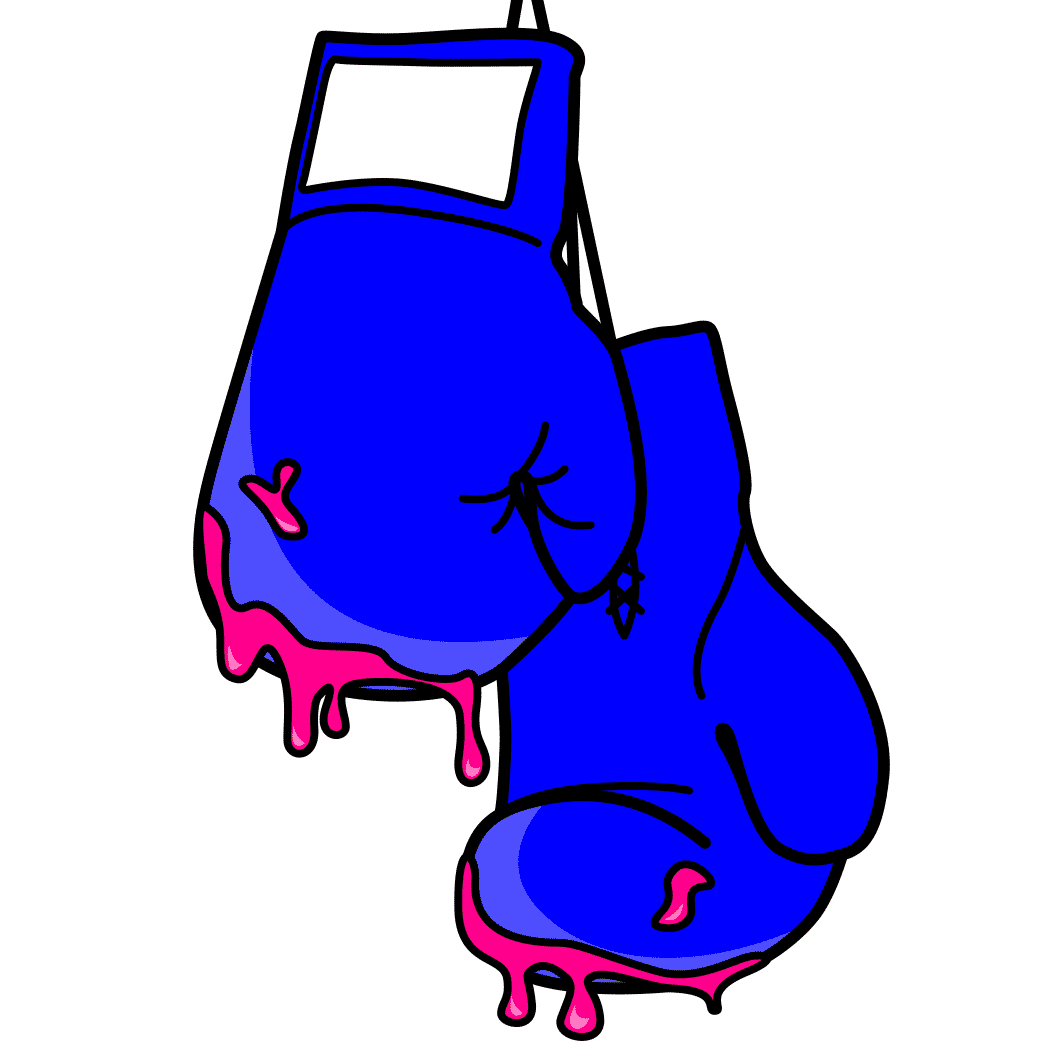How can the ad industry keep competition healthy?
Compete to get a job. Compete to win a client. Compete to get work made, compete to win awards and compete against competitors who may well be sociopaths. In advertising, drawing the line between healthy and destructive competition is difficult but necessary says Jess Lilley, CD at Leo Burnett Melbourne in this crossposting from Gabberish.
Competition for career success exists in every industry, but trying to make a buck out of creativity must surely be up there with the toughest of them. Actors schlep to casting call after casting call vying to outdo each other, writers face a million letters of rejection hoping to be elevated from the slush pile, singers and wannabe chefs battle it out on talent shows, artists tap-dance for funding and art prizes.

I had a conversation with an author once who said the only reason she ever managed to get her first book published was because her graduating year of uni pals were all so talented she felt an enormous pressure to do something, to prove she wasn’t nothing. She is brilliant and had a great idea; but it was that competitive edge, the fear of failing where others might succeed, that really spurred her on.
Another friend pitched an idea to a TV network, never to hear from them again. A year later, she saw a promo for a show on the same network with an uncannily similar premise and script. Instead of crumbling, she became even more determined to top that idea with ten better ones, to go even further in spite of this deceit.

